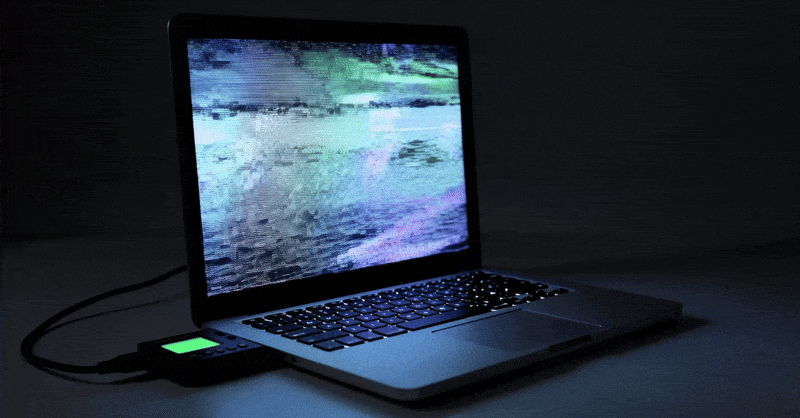Apple has released security updates to fix a zero-day vulnerability that was exploited in an “extremely sophisticated attack” targeting specific individuals.
Tracked as CVE-2026–20700, the flaw is an arbitrary code execution vulnerability in dyld, the Dynamic Link Editor used by Apple operating systems, including iOS, iPadOS, macOS, tvOS, watchOS, and visionOS.
Apple’s security bulletin warns that an attacker with memory write capability may be able to execute arbitrary code on affected devices.








